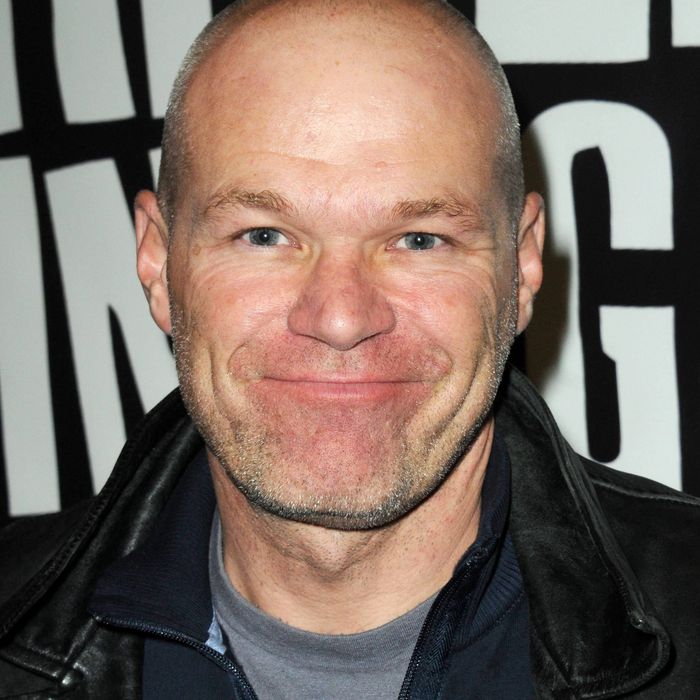
Uwe Boll's "The Dark Knight" Starring Armie Hammer: A Critical Examination
Introduction
Uwe Boll, the notorious German filmmaker, has embarked on a bold endeavor: directing a new adaptation of the beloved DC Comics tale "The Dark Knight", starring Armie Hammer as Batman.
This announcement has sent shockwaves through the entertainment industry, igniting a polarizing debate. Some see it as a disrespectful affront to the original work, while others cautiously anticipate Boll's unique interpretation.
Controversy and Criticism
Boll's appointment as director has been met with widespread skepticism. His previous films, such as "Postal" and "Far Cry", have been critically panned for their poor quality, incoherent storytelling, and gratuitous violence.
Critics argue that "The Dark Knight" is a sacred property that should be handled by a more competent filmmaker, one who respects the source material and the legacy of the characters.
Boll's Perspective
Despite the backlash, Boll remains unapologetic about his vision for the film. He has stated that he intends to create a "hard-hitting, realistic" adaptation that explores the darker aspects of the Batman mythos.
Boll believes that his unconventional approach will bring a fresh perspective to the familiar story, challenging the conventions and expectations of superhero films.
Armie Hammer as Batman
The casting of Armie Hammer as Batman has raised further questions. While Hammer is a talented actor, his portrayal of the superhero has been met with mixed reactions.
Some fans argue that Hammer lacks the intensity and brooding presence necessary for the role, while others are intrigued by his potential to bring a nuanced and unpredictable interpretation to the character.
Comparison to Christopher Nolan's "The Dark Knight"
Uwe Boll's "The Dark Knight" will inevitably be compared to Christopher Nolan's critically acclaimed "The Dark Knight" (2008), which many consider the definitive cinematic interpretation of the character.
While it is unfair to judge Boll's film before it is released, the comparison highlights the formidable challenge he faces in creating a work that lives up to the legacy of the original.
Analysis of the Debate
The controversy surrounding Boll's "The Dark Knight" raises important questions about artistic freedom, fan expectations, and the role of criticism in cinema.
On one hand, filmmakers should be allowed to explore new and unconventional interpretations of beloved stories, even if they challenge traditional norms. On the other hand, fans have a legitimate interest in protecting the integrity of cherished characters and narratives.
Ultimately, the success or failure of Boll's "The Dark Knight" will depend on whether he can deliver a compelling and respectful adaptation that both honors the source material and pushes the boundaries of the genre.
Conclusion
Whether Uwe Boll's "The Dark Knight" will be a cinematic triumph or a spectacular disaster remains to be seen.
The film's controversial nature has ignited a passionate debate about artistic integrity, fan expectations, and the role of criticism in cinema. Regardless of its ultimate reception, Boll's bold endeavor is a testament to the power of storytelling and the ongoing evolution of the superhero genre.
